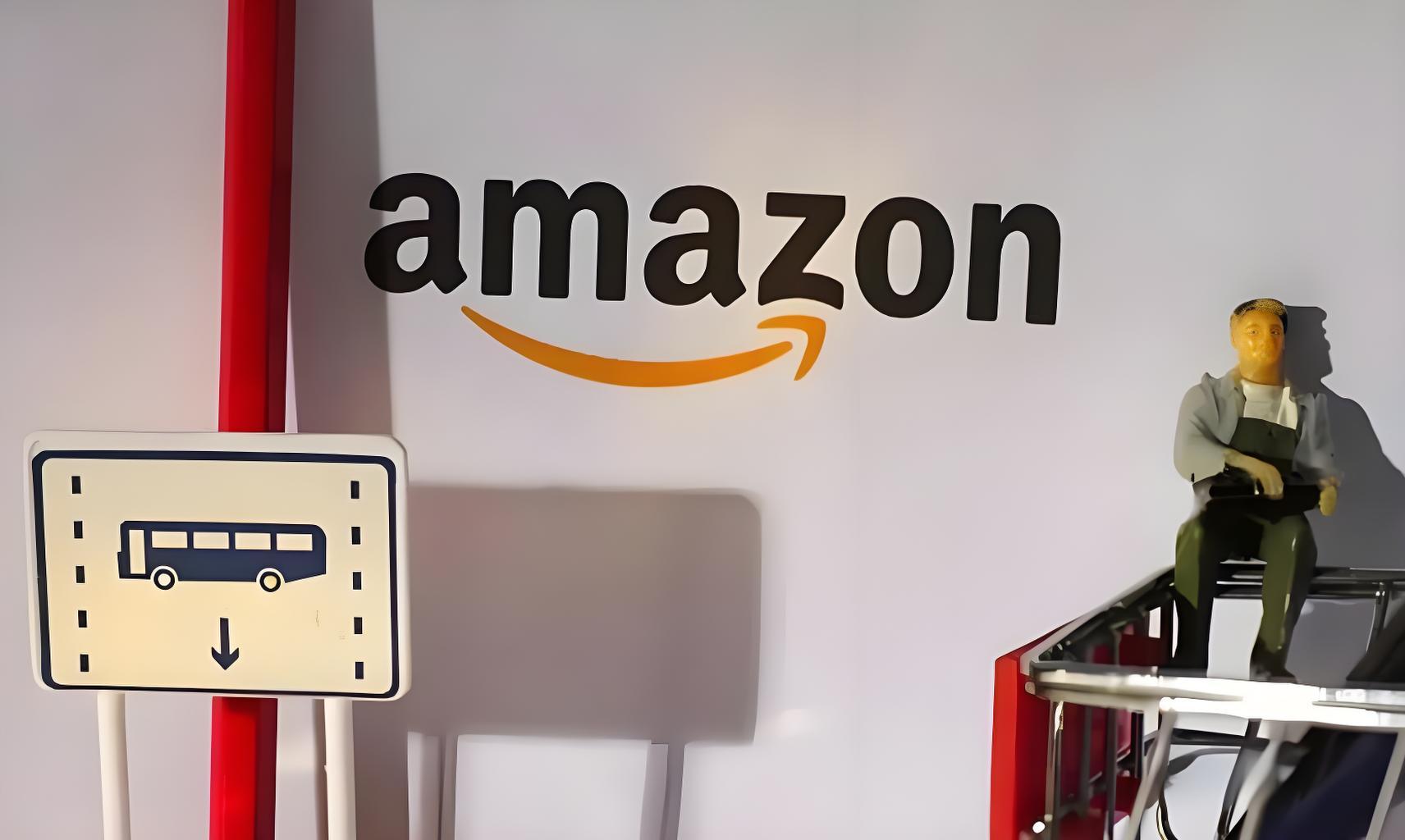
On February 27th a bombshell piece of news in the Indian judiciary sent shockwaves through the business world. An Indian court has ordered e-commerce giant Amazon to pay up to $39 million in damages for selling clothing with the same trademark as the well-known "Beverly Hills Polo Club" on its Indian website, which the court found constituted serious trademark infringement.
The "Beverly Hills Polo Club" brand was founded in the 1980s and quickly rose to prominence in the global fashion market with its unique design style and superior product quality. The brand name combines the luxury elements of the famous Beverly Hills in the United States and the elegance and vitality represented by polo, attracting many consumers who pursue high-quality life and fashion trends. Over the years, the brand has accumulated a high brand awareness and reputation around the world through continuous brand building and marketing, and its trademark has become the core symbol of brand value and is strictly protected by national laws.
In this case, a large number of clothing products labeled "Beverly Hills Polo Club" appeared on Amazon's Indian website. These clothes are very similar to the genuine ones in terms of trademark logo, pattern design, etc., and it is difficult for ordinary consumers to distinguish the authenticity at the first time. However, these items are not from the officially authorized production channels of the "Beverly Hills Polo Club" brand, but are unauthorized counterfeit or counterfeit products.
The Beverly Hills Polo Club brand took legal action after becoming aware of the infringement on Amazon's Indian website. They submitted detailed evidence to the Indian court, including brand trademark registration documents, descriptions of genuine product characteristics and physical products purchased on the Amazon platform. The brand pointed out that Amazon, as an e-commerce platform, has the responsibility to strictly review and supervise the products sold on the platform to ensure that the products sold do not infringe on the intellectual property rights of others. However, Amazon failed to fulfill this obligation, resulting in a large number of infringing products circulating on its platform, seriously damaging the interests of brands.
Amazon, for its part, argues that as an e-commerce platform with a large number of merchants and products, it is difficult to verify the trademark legality of each product. The platform has established a corresponding intellectual property protection mechanism, encouraging brands to report infringements through complaint channels, and take measures such as removing products in a timely manner after receiving complaints. However, the court did not accept Amazon's argument.
After an in-depth investigation and trial, the court concluded that although e-commerce platforms face the challenge of regulating a large number of commodities, this cannot be a reason for them to evade their responsibilities. In the process of operation, Amazon should have a more perfect trademark review mechanism and actively prevent the occurrence of infringement. The sale of infringing clothing not only infringes on the exclusive right of the trademark of the "Beverly Hills Polo Club" brand, damages the brand image, misleads consumers and disrupts the normal market competition order. Based on this, the court made a legal ruling requiring Amazon to pay $39 million in damages, an amount intended to compensate the brand for the economic losses suffered by the brand as a result of the infringement and the depreciation of the brand value.
This judgment is undoubtedly a heavy blow for Amazon. Amazon has been committed to expanding its business and increasing its market share in the Indian market, investing a lot of resources in infrastructure construction and marketing. However, the trademark infringement fine not only exposes it to huge financial costs, but may also have a negative impact on its brand image among Indian consumers. Consumers may question the authenticity and legality of goods on Amazon's platform, which in turn affects their shopping decisions.
From a broader perspective, this incident also sounded the alarm for the global e-commerce industry. With the continuous expansion of the e-commerce market, the variety and quantity of goods on the platform have exploded, and intellectual property issues such as trademark infringement have become increasingly prominent. E-commerce platforms need to re-examine and improve their own intellectual property protection system, strengthen the audit of merchants and goods, and avoid similar infringement incidents. At the same time, this also reminds brands to pay more attention to the protection of their own intellectual property rights, and actively use legal weapons to safeguard their legitimate rights and interests. For the majority of consumers, in the process of online shopping should also be vigilant, carefully screen the authenticity of goods, to avoid the purchase of infringement or fake and shoddy products.
The Indian court's fine against Amazon for trademark infringement is an important node in the development process of the e-commerce industry, and its impact will continue to ferments in the industry, prompting all parties to make more efforts and improvements in intellectual property protection.

Below is the English translation of the text, with precise handling of political terms, consistent sentence structures, and preservation of the original’s analytical tone and logical flow:
Below is the English translation of the text, with precise …
On December 15 local time, Trump took the British Broadcast…
In recent years, the application of artificial intelligence…
According to Yahoo US media reports, the recent remarks of …
After 11 years of waiting in the deep sea, we finally have …
On December 17, 2025, the newly renovated American "Preside…